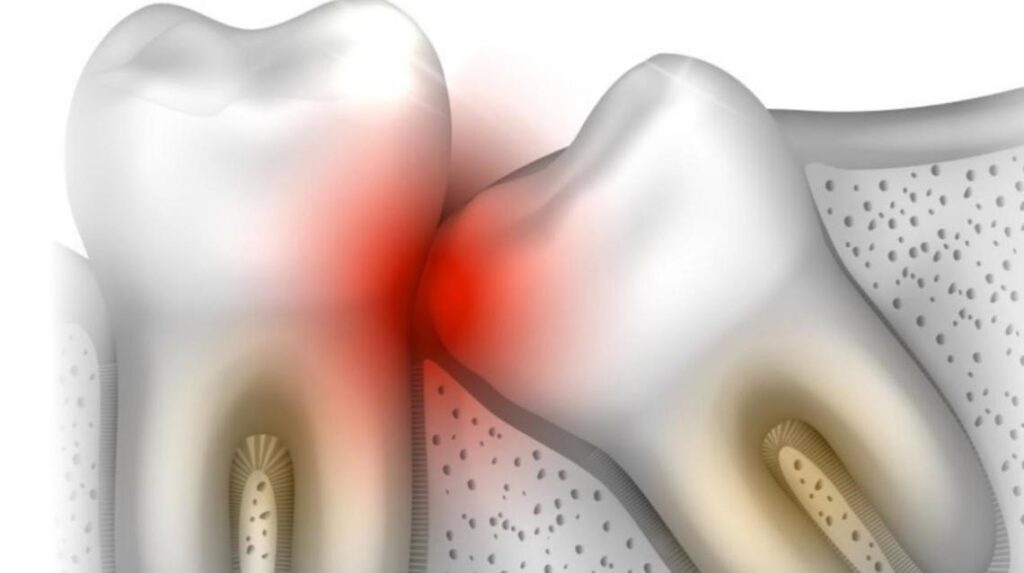A wisdom tooth, also known as the third molar, is one of the three molars of a quadrant within the human dentition. It is the foremost back of the three molars. It usually erupts in a grown-up (late adolescence) amid the early twenties. You must be wondering why are they called wisdom teeth. They sure don’t feel all that wise. They earned their title because they usually appear between the ages of 18 and 21 or the time when people used to think wisdom was gained! But whether you call them wisdom teeth, third molars, or judgment teeth, the truth is that these late bloomers will most likely need to be extracted if they appear.
Issues Requiring Wisdom Teeth Removal:
- Microbes around an affected tooth driving to gum disease
- Decay or infection due to poor oral hygiene or lack of cleanliness of the oral cavity
- When an impacted wisdom tooth pushes against a neighboring second molar
- Pain or swelling surrounding the gums or jaws in the region of a wisdom tooth that radiates to the forehead or ears
- When there are chances that such a tooth has the potential to create complications in your mouth
- When fluid-filled cysts or tumors form around a wisdom tooth causing damage to the jaw bone or nerves
When It Is NOT Essential To Remove a Wisdom Tooth:
- It is healthy
- The tooth has completely erupted
- They are accurately positioned and have good occlusion with the opposing teeth
- Can be cleaned properly and legitimately.
Conclusion:
Your dental specialist will ordinarily advise a few tests before removing a wisdom tooth. He may prescribe antimicrobials prior to the procedure, if necessary. You may develop localized swelling after the removal of a wisdom tooth. This is quite normal and will usually subside on its own in some days.
If you have a pressing issue with your wisdom tooth, visit your dental specialist to get it resolved immediately, or else it may lead to serious dental problems.



